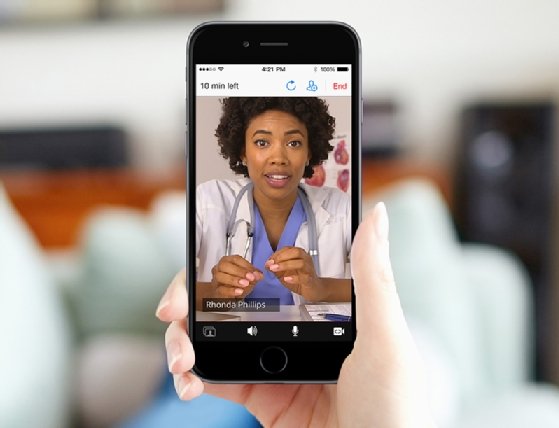Technology advances have revolutionized medicine. Telepsychiatry and telemedicine offer revolutionary methods of providing remote healthcare delivery; let’s familiarize ourselves with both of them:
What Is Telemedicine?
Telemedicine utilizes tech to deliver healthcare wherever patients may live, even remotely. Patients can see doctors through video calls or messages and connect with doctors more easily than before. It enables people in remote locations to access healthcare without the hassle of travel – patients can connect quickly.
Telemedicine can also be invaluable for long-term illnesses, with doctors keeping an eye on patients at home. Telemedicine revolutionizes healthcare delivery – faster and better care no matter where people reside.
What Is Telepsychiatry?
Telepsychiatry provides patients with an effective and discreet method for receiving mental health care without needing to travel directly to psychiatrists’ offices. By connecting quickly via video conferences, secure messages, or phone calls, psychiatrists can offer timely interventions and ongoing support services to keep patients well.
Telepsychiatry offers an effective means of eliminating geographical and stigmatizing barriers to mental health care, allowing individuals to receive treatment without the fear of judgment or being treated differently.
Telepsychiatry provides rural residents with easy access to mental health services and helps bridge disparities in healthcare by connecting experts directly with those who require their expertise.
What Are Differences
TELEMEDICINE offers comprehensive healthcare, from primary care and cardiology through dermatology on one platform. Telepsychiatry on the other hand specializes in mental health services for physical ailments including therapy sessions, medication management, and diagnosis.
Specialized Training: Telemedicine requires healthcare providers to adapt their clinical skills for use in virtual environments; however, its basic principles remain similar to traditional medicine practices of diagnosing and treating physical ailments. On the other hand, Telepsychiatry calls for additional training and expertise related to mental health assessments, treatments, management modalities, and emergency mental healthcare management as well as remote assessments via digital platforms and remote therapy provision.
Telepsychiatry offers various telemedicine services, such as virtual consultations, remote monitoring of vital indicators, telerehabilitation, and electronic prescribing if required. Telepsychiatry serves as a therapeutic approach that addresses mental health concerns; CBT and DBT approaches can often be combined with medication management in the treatment of mental illnesses.
Telemedicine offers cost-effective treatment solutions for chronic and acute ailments, while Telepsychiatry specializes in diagnosing and treating mental disorders, anxiety, and substance abuse issues where resources or stigma limit traditional therapy from being effective.
Telemedicine Has Many Advantages
Telemedicine offers many advantages over in-person care, including greater access, convenience, cost efficiency, and improved patient outcomes. Teleconsultations provide remote communities access to quality healthcare.
Remote healthcare brings its own set of unique challenges. When dealing with sensitive personal information, privacy must be maintained while technical obstacles such as inadequate internet connectivity or digital literacy could impede progress.
Future Remote Healthcare
Technological developments will make telepsychiatry and remote medicine ever more common, including telecom, artificial intelligence, and remote monitoring devices that increase the effectiveness of healthcare delivery more than ever before.
Read This: Telemedicine vs Telepsychiatry Understanding the Differences
Conclusion:
Telemedicine and telepsychiatry represent revolutionary innovations in healthcare delivery. The purpose is to increase access to mental and medical health benefits outside traditional clinics while improving patient outcomes. Remote health care requires a detailed knowledge of both fields as each has a different scope, training requirement, and focus. When combined, they have the power to revolutionize how care is delivered in today’s digital environment.If you need best mental health care services in Arizona Connect with us.
Experience the future of healthcare with AZITTS Telemedicine and Telepsychiatry. Connect with our expert professionals today to prioritize your health and well-being.

